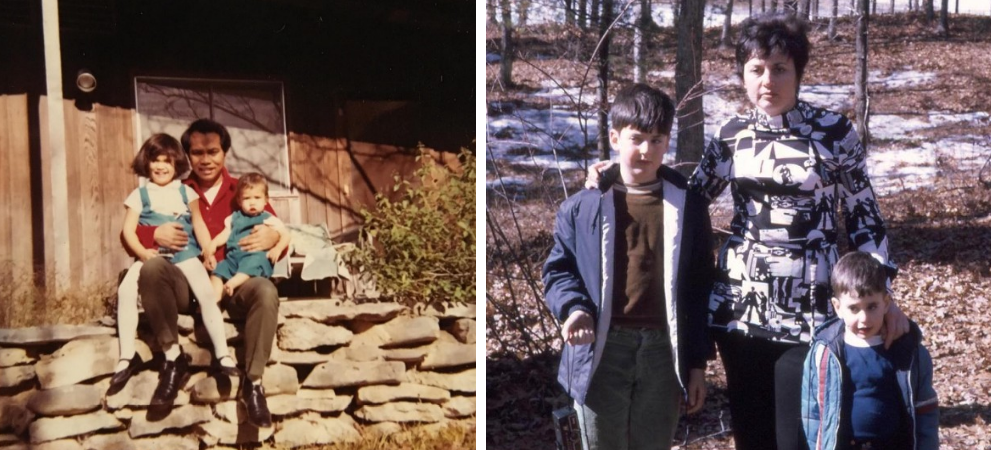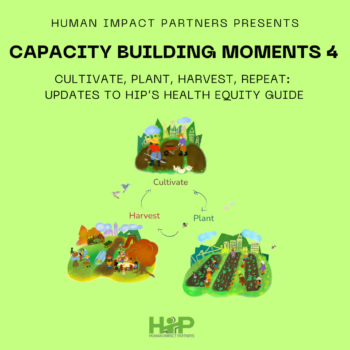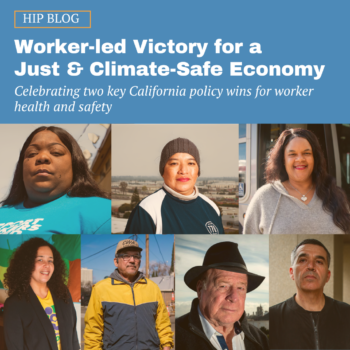| By Jonathan Heller |
President Trump’s 100 day plan includes deporting 2 million undocumented residents from the US. The plan represents a massive increase in scale and speed of deportations. Trump says he will focus on deporting undocumented people with criminal records. With fewer of them in the US now as a result of President Obama’s policies, Trump has already expanded the definition of who is a ‘criminal’ to include people who are merely charged or suspected of committing crimes. Being in the US without documents may become a ‘criminal’ act. Sensitive locations, like schools and clinics, may be raided. People without criminal records will get entangled in the Trump administration’s efforts.
During the Great Depression, county social workers supported and participated in the deportation of 2 million Mexican American people, including 1 million US citizens.
We in public health can’t do this again. We can’t support the deportation of people who have come to the US to escape violence and poverty. We can’t support the break up of families, many of whom have members that are US citizens. There are 4.5 million US-citizen children live in families with someone who is undocumented. We can’t sit this out and watch. So, in response to Trump’s plans, many of us developed Public Health Actions for Immigrant Rights: A Short Guide to Protecting Undocumented Residents and Their Families for the Benefit of Public Health and All Society (also available as a PDF).
Immigration is a personal issue for me. My parents came to the US from Israel before I was born. My partner’s father came over from the Philippines before she was born. They were all highly educated. Because my parents are perceived to be White, they had a relatively easy time finding jobs and fitting in. It was an OK time for Jews to be coming over. But because my partner’s father was perceived to be Brown, he didn’t have the same opportunities. In fact, when my partner’s parents got married, it wasn’t even legal for them to do so in many states. He was the target of racism and couldn’t find a job in his field. This contributed to pressures on his marriage, divorce, and his return to the Philippines. He died there at age 50.

Left image: My partner, Connie, with her father and younger brother. Right image: My older brother, my mother, and me.
Many people have similar stories.
Immigration is also a public health issue. Deportations contradict public health values such as preventing harm, valuing every life, and equity. Our Family Unity, Family Health report shows that deportations harm health in many ways. For example:
- Deportation and threat of deportation create a climate of fear, that affects undocumented as well as documented immigrants, their families, and their communities.
- Children whose parents are deported or under the threat of deportation experience direct impacts, including poorer child health, poorer behavioral outcomes, and poorer educational outcomes.
- Nearly 30% of undocumented parents surveyed for the report said their US-citizen children are afraid either all or most of the time. Nearly half of those parents said that their child had been anxious, and three-quarters said that a child has shown symptoms of post-traumatic stress disorder.
And that is just the tip of the iceberg. The guide goes into more detail.
So here are the 9 actions pubic health agencies can take:
- Continue to promote health agency policies to provide services to all people, and to ensure all people understand that they are welcome at the agency.
- Support cities, counties, and states that pledge to provide sanctuary in different forms to undocumented residents.
- Advocate that local and state government create a legal defense fund for undocumented residents.
- Connect undocumented clients and their families with legal rights and community organizing groups.
- Join/build alliances that cross issue areas and include immigration.
- Encourage and support the efforts of sister agencies, including in criminal justice, to protect undocumented people and their families.
- Encourage labor enforcement to adopt and implement policies that protect immigrant worker rights, regardless of immigration status.
- Review other health agency policies and services, considering how undocumented populations may be impacted.
- Work to change the narrative that negatively portrays undocumented people.
Read more about all these here. And then…fight back!
Note: Public Health Actions for Immigrant Rights (also available as a PDF) was developed by Public Health Awakened, a group of public health professionals courageously organizing a health equity-based response to the Trump administration. We will update the guide as more information becomes available. Feel free to contact Jonathan with suggestions and implementation stories.
This blog post was originally published on The Pump Handle blog.




